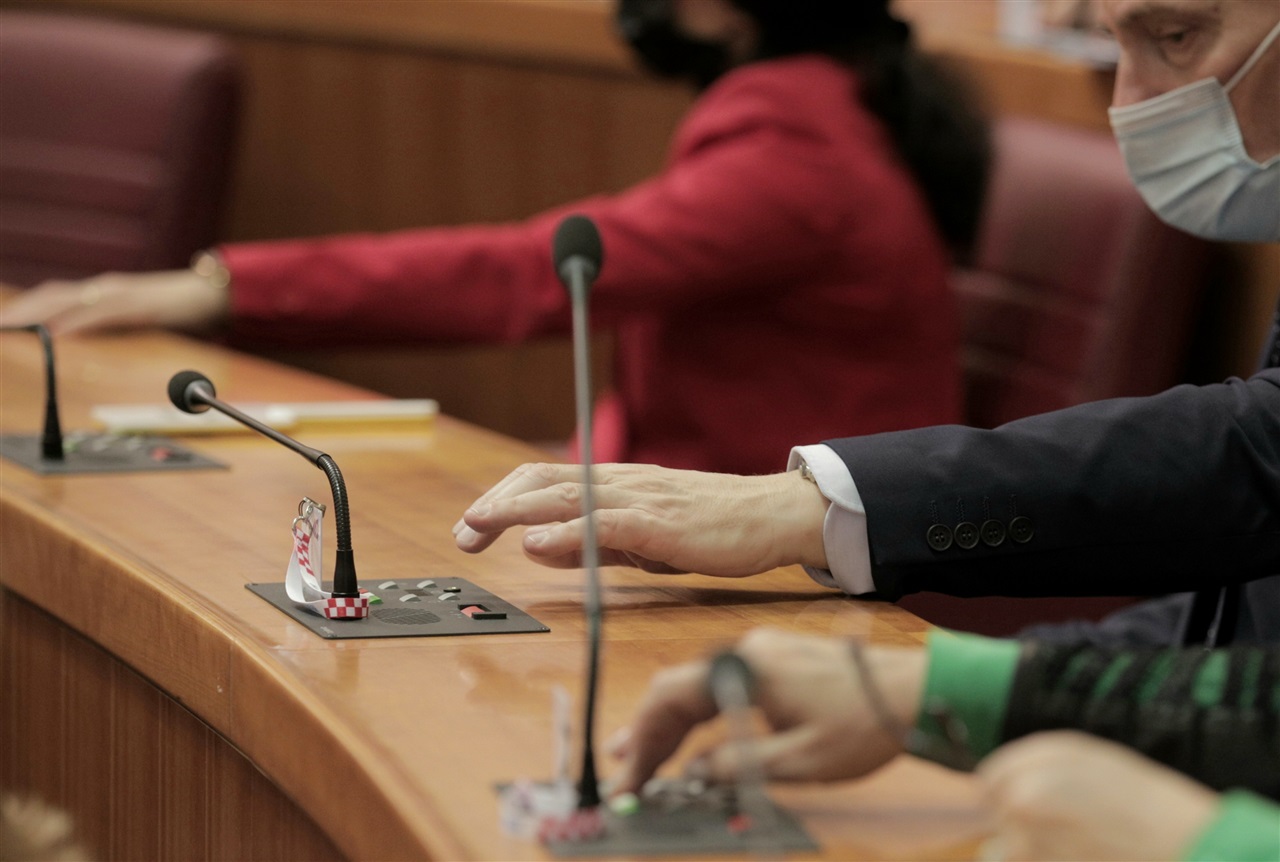
Zagreb - In addition to receiving their own personal pension, as of next year, Croatian pensioners will be able to inherit 27% of the family pension of their deceased spouse after the Sabor unanimously, with 123 votes in favour, adopted amendments to the Pension Insurance Act on Friday.
The novelty in the Act will cover more than 155,000 beneficiaries with an average increase in their income of HRK 510 per month.
"Pension beneficiaries who, due to the death of a spouse or common-law partner, are left without a significant part of their income are potentially exposed to the risk of poverty," Minister of Labour, Pension System, Family and Social Policy Marin Piletić explained.
Following the amendment sponsored by Silvano Hrelja (Croatian Pensioners' Party), pensioners with long seniority will be motivated to stay in the world of labour, regardless of the fact that they have an average of more than 42 years of service.
Staying longer in the labour force opens the possibility of a higher pension. For example, retiring five years later means the pension can be increased by 27%.
Who is capable of working until the age of 70, are they masons, tilers and plumbers? Marijan Pavliček of the Croatian Sovereignists (HS) asked.
From 1 January the lowest pensions will increase by 3%
As of 1 January 2023, the lowest pensions will increase by a total of three percent, which will affect 287,000 beneficiaries, Piletić said.
The state has provided an additional HRK 1.3 billion from the budget for next year, HRK 1.5 billion for 2024, and HRK 1.6 billion for 2025, or a total of more than HRK 4.5 billion to cover the costs of the latest amendments.
The Sabor also amended the Social Welfare Act, increasing the allowance for a parent or guardian with a disabled child who cannot be included in programmes and services in the community due to medical condition.
Medical union to be included in collective bargaining
Amendments to the Law on Health Care, which were also adopted, will enable a trade union that has a membership of at least 20% of all employed doctors to whom a collective agreement applies, to participate in collective bargaining for salaries and working conditions for doctors.
This will enable the Croatian Medical Union (HLS) to participate in collective bargaining, which it could not do in the past because it did not meet the requirements for representativeness.
The Sabor also adopted a new Law on Higher Education and Scientific Activity and amended laws on the capital market, on the deposit insurance system. and on credit institutions, among others.